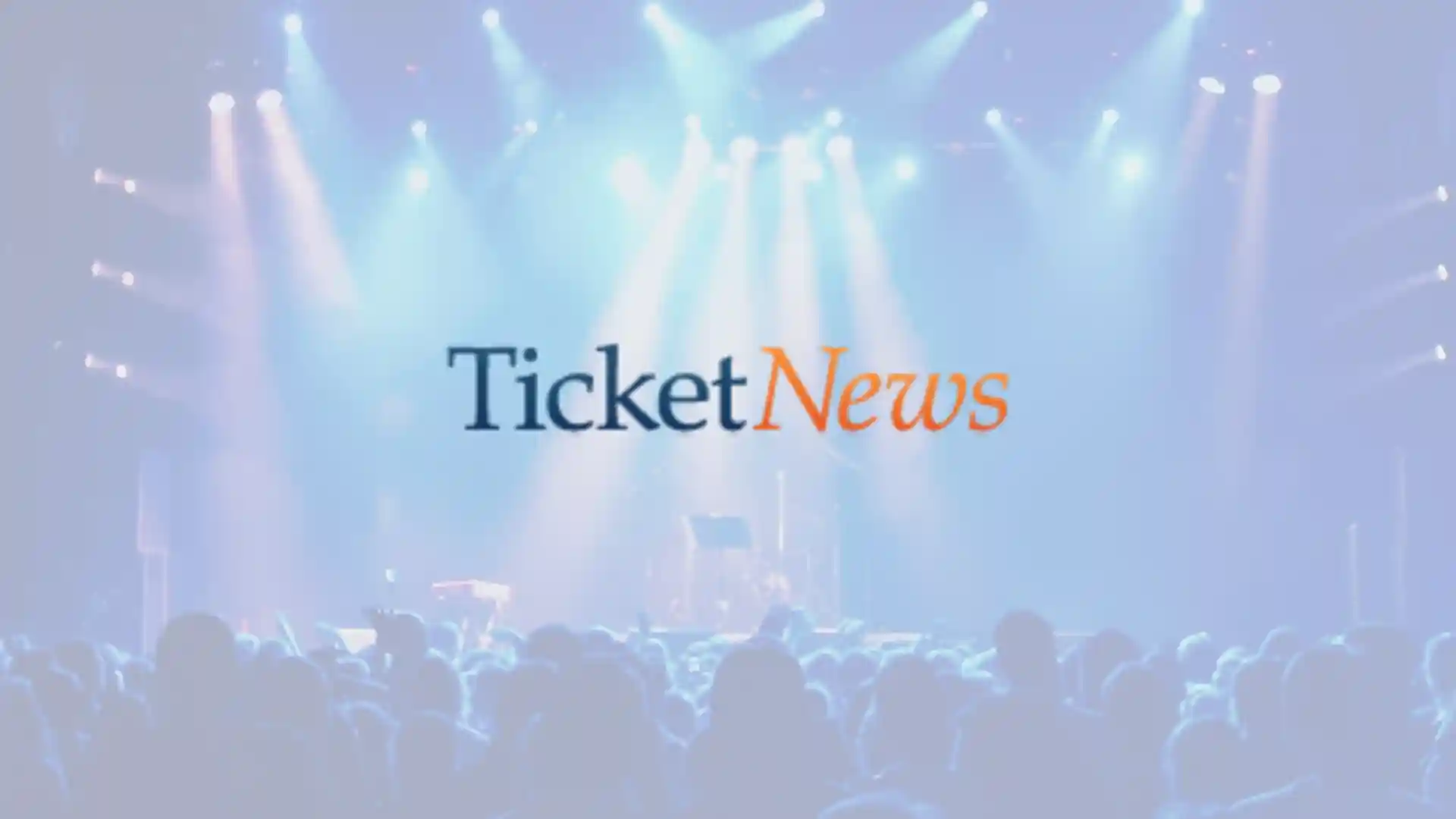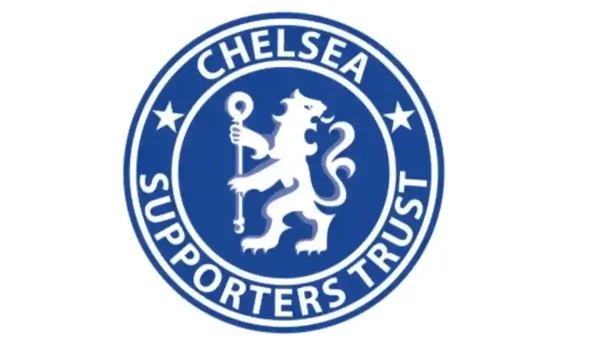
TicketNews default image TicketNews website logo on top of a background image featuring a concert
Ticketmaster / Live Nation merger: Azoff and Rapino talk paperless ticketing, dynamic pricing
Both Ticketmaster and Live Nation plan to aggressively move into dynamic pricing and paperless ticketing initiatives early in 2010 as two of the ways the companies hope to land serious body blows against the secondary ticket market, CEOs Irving Azoff and Michael Rapino said earlier today.
The two voiced those sentiments during a Bank of America Merrill Lynch media, communications and entertainment conference in California, and while they both said they believe there will always be a secondary ticket market, they continued their crusade against the industry by making it clear they don’t like it. Interestingly, Rapino said Live Nation looked at ways the company could get involved in the secondary market while it was ramping up its ticketing operation in 2008, but the company did not have the resources to gain a foothold.
“If primary ticket sales are more accurately priced, that would help,” Azoff said, emphasizing that that could be achieved through dynamic pricing, where artists, sports teams or venues set ticket prices on the fly depending on market conditions.
Ticketmaster is planning a major dynamic pricing initiative in the first quarter of 2010, Azoff said, and both Azoff and Rapino said paperless ticketing will also be ramped up significantly in the near future.
“Nine Inch Nails, which has been very critical of us, recently used paperless tickets and was very happy with it,” Azoff said. “What it does is give the rights holder more control over the transaction. They’re able to manage onsales the way they want.”
Azoff believes Ticketmaster’s TicketExchange will also play a larger factor in the ticketing marketplace in the future, as sports teams look at possibly limiting ticket transferability to one and ruling out resale at prices below face value.
“We won’t solve the secondary ticket market with one bullet,” Rapino said, adding that Live Nation’s recent “no fees” promotions, where tickets sell for a single, all-in price, have been a big hit. “We’ll do it by being a better overall company.”
In addition to paperless ticketing and dynamic pricing, Ticketmaster also plans to ramp up its own all-in pricing model and launch an extensive interactive seating map initiative on its Web site.
“We need Live Nation because we can’t get it all done alone,” Azoff said.
While the two could not offer a specific date on when they expect the planned merger of Ticketmaster and Live Nation to close, both men reiterated their confidence that federal regulators will support the move.
“We’ve invested a lot of dollars to date for this merger, and we remain confident, and our respective boards remain confident, that we will close on it by the end of the year,” Rapino said.





